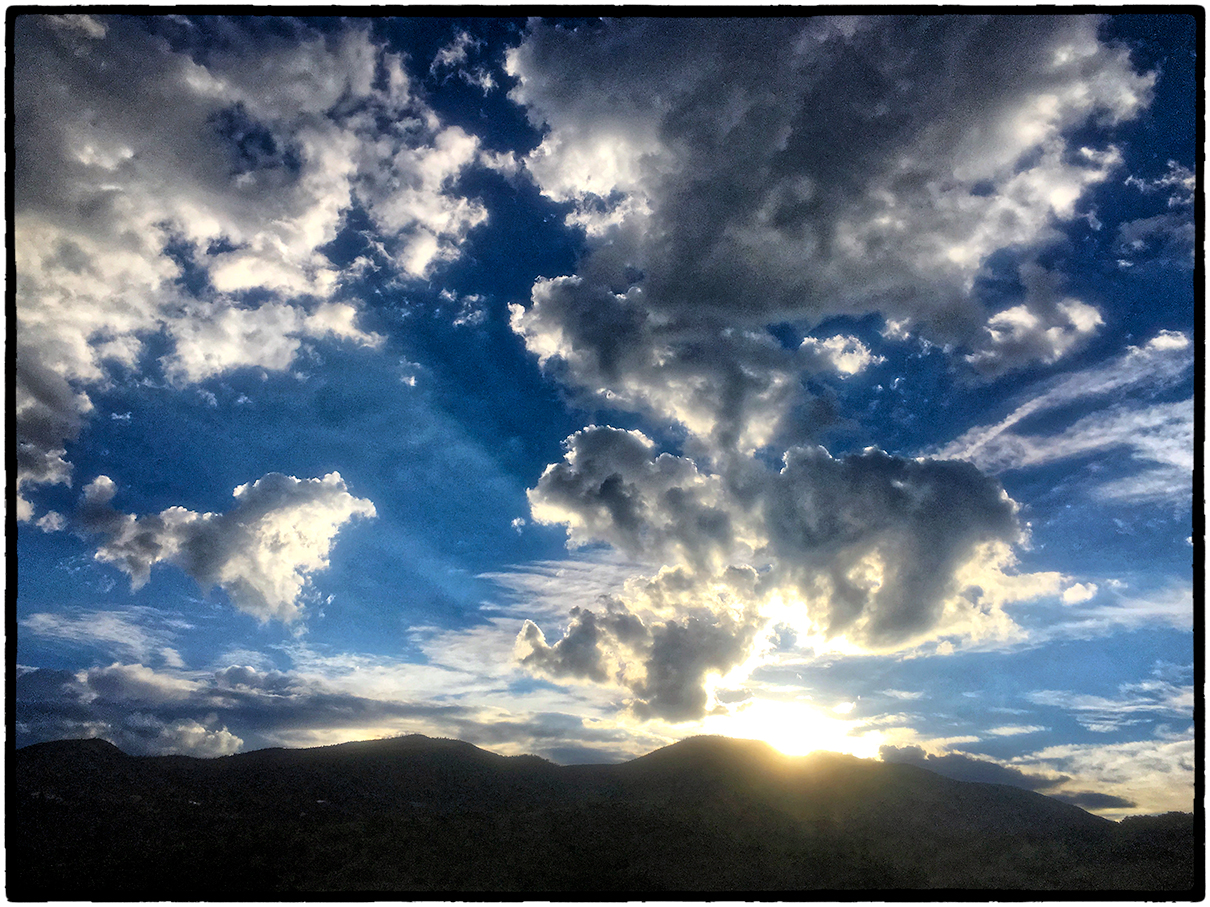In late summer 1970 Jadyne and I had just been married, and we were living in a small apartment in San Francisco. We were without direction or income, and we needed the latter before we could focus on the former. A college friend opened a business in Blue Ball, Ohio called the “Wholesale Furniture Depot," transforming a former unheated trucking warehouse into an unheated furniture warehouse, selling sofas, armoires, and the like for 1/3 below retail. Desperate, I took a job selling furniture to provide the income that would pay rent in our basement studio apartment in nearby Middletown, but could also pay Jadyne’s tuition at Miami University while she pursued a Master’s Degree. We packed up our lone piece of furniture (a wooden rocking chair), placed it in the back of a U-Haul van (securing it with ropes because there was nothing else but clothes in the van), and headed east to Ohio. On the way we stopped to see another of our Peace Corps friends, Jim Yee, who was serving as a Vista volunteer in Grand Island, Nebraska.
In our Peace Corps training group, Jadyne and Jim were affectionately know as “Big Yellow” and “Little Yellow”. Jadyne and I met Jim for Sunday brunch in a restaurant filled with churchgoers, treating themselves to stacks of Krusteaz hot cakes, bacon and eggs, and waffles, dripping with Aunt Jemima maple syrup. Church was over. The place was filled, and the three of us waited until a table could be made available. Jim and Jadyne had been best of friends in the Peace Corps, and as we walked in the restaurant, past the noisy Nebraskans in their Sunday best, I followed Jim and Jadyne to the back of the restaurant.
After breakfast we walked out, only this time, check in hand, Jim walked by himself to the cashier. The newlyweds, Jadyne and I, followed behind, holding hands. The restaurant, which seconds earlier was a joyous, cacophonous circus of laughter, fell silent. Nervous and surprised, we looked into the eyes of the patrons, who, caught in mid-sentence or perhaps even mid-swallow, stared silently and uncomfortably at this Chinese woman holding hands with a white man. I don’t remember anyone’s ever staring at me before.
We continued out the door and over to our brightly-painted white and orange U-Haul van with its huge green numbers, $19.95 In-Town Plus Mileage. Below in black italics, “Rent This Van! Call 1-800-Go-U-Haul.” We bid goodbye to Jim and continued east.
I remembered this story because one of the victims of the Oakland fire, Riley Fritz, 29, who also went by the name “Feral Pines”, was a transgender woman who had moved from out of state to Oakland in September “to be part of the trans community where she was more comfortable,” said her brother.
Riley was trans, different, unusual, the uncomfortable subject of stares. Jadyne and I were different, unusual, the uncomfortable subject of stares, part of an invisible vanguard of racially-mixed marriages in the late sixties and early seventies. Riley left one of the Carolinas to be where she would be more accepted. Jadyne and I left Grand Island, a bit shaken, suddenly aware that, as Dorothy discovered when she found herself in Oz, that we weren’t in California anymore. Ohio, even Cincinnati, more cosmopolitan than Grand Island, had its own take. Driving home after a Reds game Jadyne was in tears. One of the fans had said, “I killed me a bunch of them in ‘Nam”, gesturing to Jadyne. I missed it. When we left Nebraska and Ohio, though, and headed back to California, we didn’t miss the stares, the gestures, the discomfort, the suddenly silent restaurants.

















































